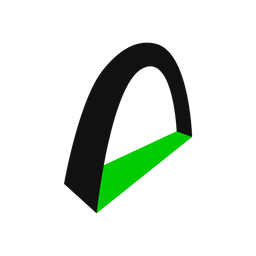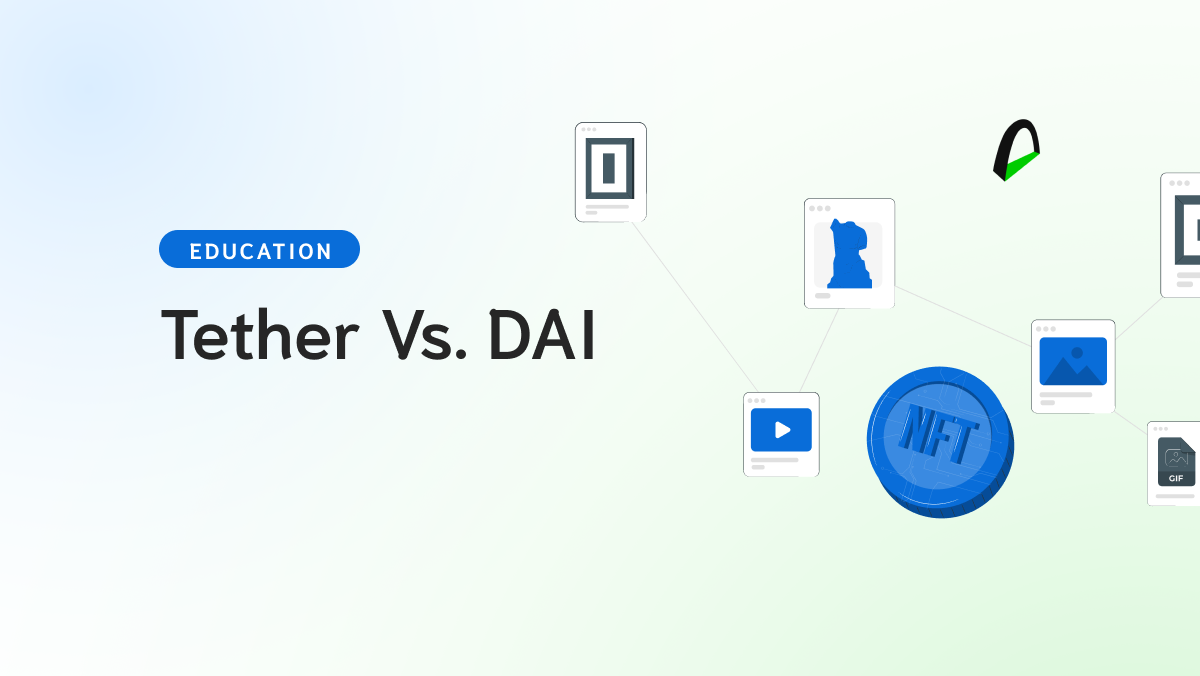One of the most frequent questions I am asked when hearing me talk about Web3 is, "But… what are the real use cases?".
And while we are still in the early stages of transitioning to Web3, and there are many tests and challenges that decentralized ecosystems have to navigate, it has the potential to completely transform not only our experience with the Internet but also how we relate to each other, to information, our jobs, and our spaces.
But before jumping into the use cases of Web3, it's essential that you first have an idea of what it is. Also called the decentralized web, Web 3.0 rejects the controls and status quo that the traditional web (or Web2) offers.
With the help of decentralized networks, it's possible to provide users with faster and more personalized services. Machine learning and the semantic web are just some of the cutting-edge technologies driving the development of Web3.
Our Arch Indices track different sectors of the Web3 for those who want to take a deep dive, but some of the best-known edges are decentralized finance (DeFi), the metaverse, infrastructure, and DAOs.
Metaverse, or the era of digital worlds
The metaverse is one of the first use cases that pops up when you think of Web3. It seeks to be an unlimited virtual world, similar to a three-dimensional version of the Internet that's navigated through personalized digital avatars.
In this way, users are allowed to participate in the activities from a more active place than just an observer.
Although it is not yet part of the daily life of many, some parts of the technology can be found on various platforms. Many of the best-known companies in tech, such as Facebook (now Meta), Google, and Epic Games, have recognized the value of the metaverse for their companies.
And from the digital world to organizations
One of the most prominent features in the Web3 blockchain use cases list is DAOs, which stands for Decentralized Autonomous Organizations.
In essence, they are online communities owned and operated by individual community members who seek to revolutionize today's businesses.
The unique feature of decentralized autonomous organizations is the availability of community governance based on member consensus. You can imagine them as a co-op in which all the collaborators have ownership, but with all its processes on the blockchain.
The organization has a Web3 version, and many aspects related to a business, such as payments, analytics, data control, and operations management, can be carried out in Web3 in a decentralized manner.
And finally, finances
Another of the best-known use cases of Web3 and the one that kicked off the entire movement is decentralized finance, better known as DeFi.
Remittances, asset swaps, trades, and insurance have employed smart contracts to achieve automation efficiencies. Lending and loans can be one of the most effective implementations of Web3 to date.
The financial services industry has primarily adopted some of these nascent digital assets and technologies. At their peak, the daily transaction volume processed on decentralized exchanges exceeded $10 billion.
Closing thoughts
When you invest in crypto or Web3 projects, you are investing in the token itself and an underlying project that can completely revolutionize an industry and has real-world use cases.
It works the same way as when you invest in a stock. In that case, you are not investing only in the paper stock but in the company behind it.
Another example might be when you invest in an apartment or real estate asset that is more than just a financial vehicle but also fulfills the purpose of being a home or commercial space.
Web3 is still a world in the making. The value proposition for consumers and users is at the core of its developments, creating opportunities for new and more efficient applications and asset ownership forms.
If history is any guide, businesses large and small, as well as the public and social sectors, may want to take note of the advances occurring in Web3 and start thinking about responsible ways to interact with it.
Those that don't may find themselves suddenly overtaken by a rapid set of new technologies, active evolutions, and new ways of doing business.
Also check out:









